I need to check specific status codes from a RestResponse however the RestRequest.Execute seems to generate a EHTTPProtocolException when the status codes are not 200.
I did take a look at the documentation and it states that The request execution does not raise HTTP protocol exceptions. To verify the response status, check the TCustomRESTResponse.StatusCode property.
I'm having some trouble understanding why a EHTTPProtocolException gets raised. How can I ignore this or suppress it? I did check if it's just the debugger but the code stops at execute even in a Release build and when running standalone.
My code is as follows:
procedure TdmWebsockets.GetRustMapURL(const Connection: TsgcWSConnection; const Data: string);
begin
var jdata := TJSONObject.ParseJSONValue(Data);
var restClient := TRESTClient.Create(Self);
var restResponse := TRESTResponse.Create(Self);
var restRequest := TRESTRequest.Create(Self);
try
var isStaging := jdata.GetValue<Boolean>('data.staging');
var isBarren := jdata.GetValue<Boolean>('data.barren');
var seed := jdata.GetValue<Int32>('data.seed');
var size := jdata.GetValue<Int32>('data.size');
restRequest.Client := restClient;
restRequest.Response := restResponse;
restClient.BaseURL := 'https://rustmaps.com/api/v2/maps/' + seed.ToString + '/' + size.ToString;
restClient.RaiseExceptionOn500 := False;
restRequest.AddParameter('staging', BoolToStr(isStaging, True));
restRequest.AddParameter('barren', BoolToStr(isBarren, True));
restRequest.Params.AddHeader('X-API-Key', 'REDACTED');
restRequest.Method := TRESTRequestMethod.rmPOST;
Writeln('before');
restRequest.Execute;
Writeln('after');
var Writer: TJsonTextWriter;
var StringWriter: TStringWriter;
try
StringWriter := TStringWriter.Create();
Writer := TJsonTextWriter.Create(StringWriter);
Writer.Formatting := TJsonFormatting.Indented;
Writer.WriteStartObject;
/////////////////////////////////////////////
Writer.WritePropertyName('command');
Writer.WriteValue(COMMAND_GETMAP);
/////////////////////////////////////////////
if restResponse.Status.SuccessOK_200 or restResponse.Status.ClientErrorDuplicate_409 then
begin
Writeln('200 ok');
Writer.WritePropertyName('success');
Writer.WriteValue(True);
/////////////////////////////////////////////
var mapID := restResponse.JSONValue.GetValue<string>('mapId');
Writer.WritePropertyName('mapID');
Writer.WriteValue(mapID);
/////////////////////////////////////////////
end
else if restResponse.Status.ClientErrorBadRequest_400 then
begin
Writeln('400 ok');
/////////////////////////////////////////////
Writer.WritePropertyName('success');
Writer.WriteValue(False);
/////////////////////////////////////////////
var reason := restResponse.JSONValue.GetValue<string>('reason');
Writer.WritePropertyName('reason');
Writer.WriteValue(reason);
/////////////////////////////////////////////
end;
Writer.WriteEndObject;
Writeln(StringWriter.ToString);
Connection.WriteData(StringWriter.ToString);
finally
StringWriter.Free;
Writer.Free;
end;
finally
restRequest.Free;
restResponse.Free;
restClient.Free;
jdata.Free;
end;
end;
EDIT:
When clicking on the "Break" button on the exception window it takes me to the Execute method in Rest.HttpClient despite it not being added to the uses. Stepping it shows that it's executing in Rest.HttpClient and not in Rest.Client.
When trying to use try .. except I am required to Rest.HttpClient to my uses to get the exception type EHTTPProtocolException. When using try .. except it still throws out the exception. I understand the debugger will still catch it but the code never runs in the try .. except and just stops after the exception thows.
